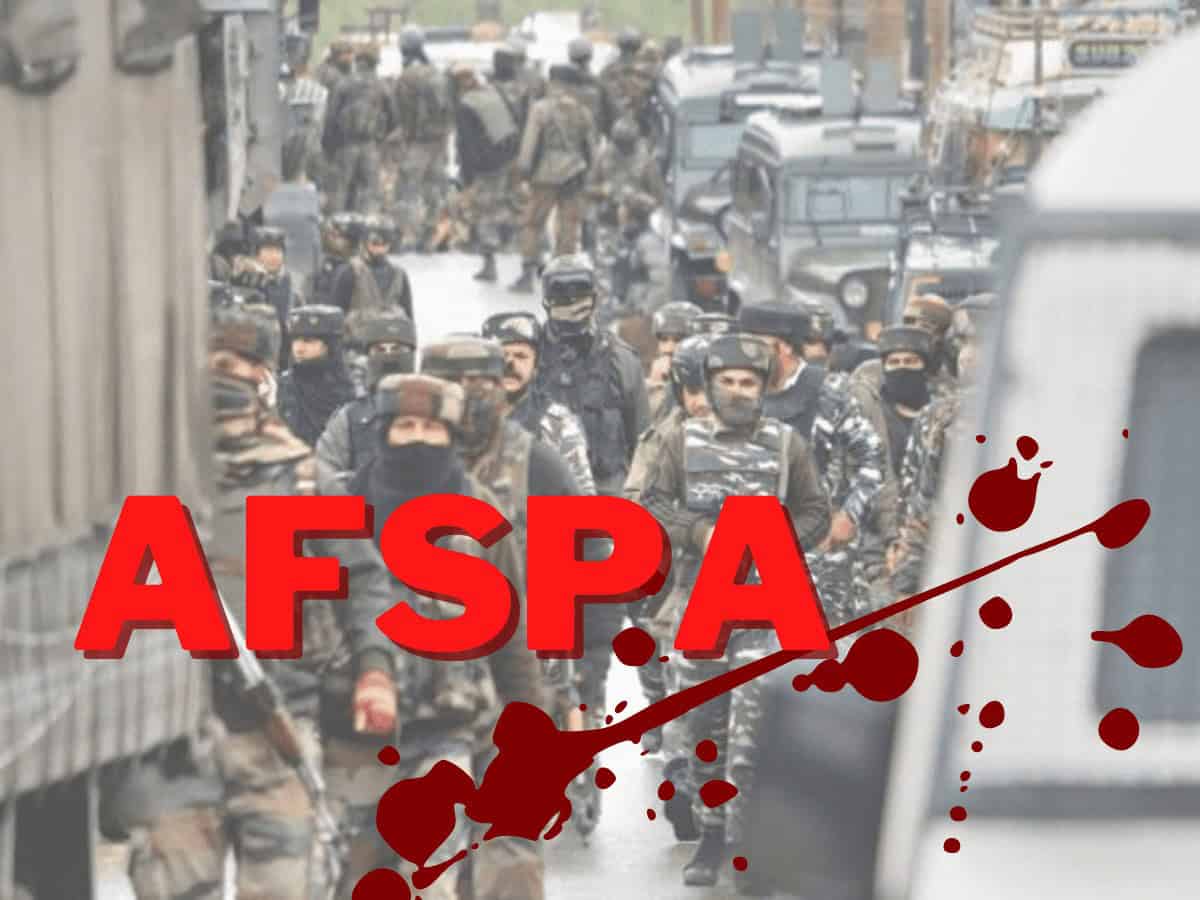At least 13 civilians were killed by the armed forces in Nagaland’s Mon district in a case of mistaken identity sparking demands of the repeal of the decade-old Armed Forces Special Powers Act (AFSPA).
The AFSPA, 1958, is an act of the Parliament of India which gives the armed forces of India the liberty to kill civilians without any repercussions or legal action. The AFSPA is in force in the states of Jammu and Kashmir, Nagaland, Manipur, and parts of Arunachal Pradesh, and Assam.
On June 30, 2021 the Center increased the operation of the armed forces for a period of 6 months in Nagaland, declaring it to be a “disturbed area”.
The Chief Minister of the state Neiphiu Rio expressed his grief over the killings of the civilians by the militia and urged the center to remove AFSPA in Nagaland.
“The unfortunate incident leading to the killing of civilians at Oting, Mon is highly condemnable. Condolences to the bereaved families & speedy recovery of those injured. High-level SIT will investigate & justice delivered as per the law of the land. Appeal for peace from all sections,” Rio had tweeted.
The Union home minister Amit Shah also expressed condolences to the families of the civilians killed at the hands of the armed forces and confirmed that a special investigation team (SIT) of the state will probe the matter.
What is the Armed Forces Special Powers Act (AFSPA)?
An act that guarantees the military deployed in “disturbed areas”, a free pass to use force against ‘possible’ insurgents and not be questioned for it.
“If he is of opinion that it is necessary so to do for the maintenance of public order, after giving such due warning as he may consider necessary, fire upon or otherwise use force, even to the causing of death, against any person who is acting in contravention of any law or order for the time being in force in the disturbed area prohibiting the assembly of five or move persons or the carrying of weapons or of things capable of being used as weapons or of fire-arms, ammunition or explosive substances,” states the act.
The military in these disturbed areas is given special powers, including the power to open fire, arrest someone for committing an offence and isolate and search areas or houses without warrants.
History of AFSPA
When violence became a day-to-day issue in the northeastern states, and the administration was incapable of maintaining its internal disturbance, the Armed Forces (Assam and Manipur) Special Powers Ordinance was enacted by the President on 22nd May of 1958. Some special powers had been given to the members of the armed forces in disturbed areas in the State of Assam and Union Territory of Manipur. Later the Ordinance was replaced by the Armed Forces Special Powers Bill.
The powers to declare a state or its areas disturbed initially lay in the hands of the chief minister of the state but were transferred to the center, later.
“An Act to enable certain special powers to be conferred upon members of the armed forces in disturbed areas in the State of *[Arunachal Pradesh, Assam, Manipur, Meghalaya, Mizoram, Nagaland, and Tripura],” read the act. AFSPA was later removed from the areas where violence visibly decreased to a length that could be controlled by civil forces.
The application of the act in the areas is renewed every six months. In September 2021, Assam renewed the application of the act in the state, for another six months.
Criticism over AFSPA
The AFSPA has been criticised time and time again by civilians and the opposition. It has been termed as a law that gives the armed forces unnecessary power without having to be accountable. The armed forces have been using their powers carelessly, risking the lives of civilians.
A number of protests have taken place in Manipur against the act, including one by women.
Naked Manipur women paraded the streets with a banner that read “Indian Army Rape Us” after the brutal rape murder of the 32-year-old Thanjam Manorama by the 17th Assam Rifles. Manorama was picked by Assam rifles for interrogation under the AFSPA over suspicion of being a militant. She was later found with 16 bullets in her body and genitalia destroyed.
Another instance of protests against AFSPA is the 16-year-long hunger strike by Iron Sharmila.
Sharmila on the third day of her strike was arrested for “attempting suicide” and had to be force-fed with a tube for more than a decade. She began her strike after 10 civilians were killed by soldiers in Manipur in the year 2000 and ended it in 2016, to join politics.

